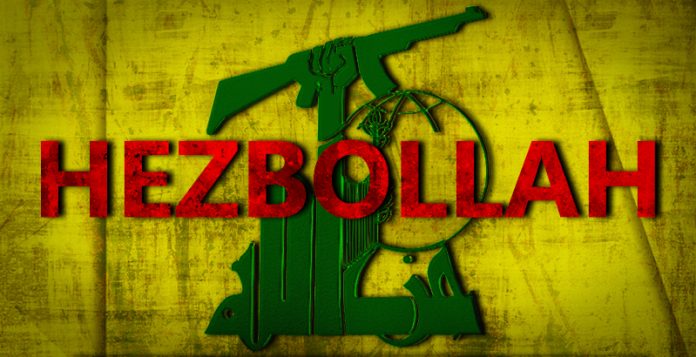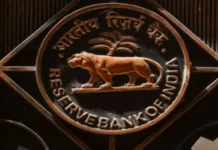Numerous reports show that Iranian financial support of Hezbollah reached up to $800 million between 2012 and 2016 as a result of the involvement of Hezbollah in the Syrian crisis as well as the negotiations of Iranian nuclear program.
Iran has various means of transferring its financial support to Hezbollah, one of which is through the financial officers of the Quds Force of the Iranian Revolutionary Guards. According to the US Treasury Department, the Financial Officer of the Quds Force, Hushung Dadallh has personally overlooked the distribution of some funds to Hezbollah, Hamas, and the Palestinian Islamic Jihad Movement. Commander of the Quds Force of the Iranian Revolutionary Guards in Lebanon, Mohammad Reza Zahedi, played a key role in the Iranian financing of Hezbollah. He was a mediator between Hezbollah and Syrian intelligence, and is said to have secured the arms and money shipments to Hezbollah.
Another means of transferring financial support to Hezbollah is through Iranian charities in Lebanon. According to the US Treasury Department, Iran used the Committee for the Reconstruction of Lebanon as a means to transfer financial support to Hezbollah. It was established by Iran after the 2006 war as a key channel for Iranian support in the reconstruction of Hezbollah. The Committee for the Reconstruction of Lebanon financed the infrastructure of Hezbollah, the communication network, and the arms industry, according to the US Treasury Department. It was headed by Hosam Khoshnawas, the personal representative of the former Iranian president, Mahmoud Ahmadinejad, in Lebanon. He was appointed by the Iranian Treasury Department to provide technical support for reconstruction of Hezbollah in Lebanon and to broaden the private communication network of the terrorist organization.
Moreover, the Imam Khomeini Relief Foundation in Lebanon, founded in the 1980s is just one more means of transferring Iranian financial support to Hezbollah. The branch is run by Hezbollah and generates millions of dollars and was responsible for running training centers for Hezbollah youth. The Secretary General of Hezbollah, Hassan Nasrallah, has publicly admitted that the Imam Khomeini Relief Foundation in Lebanon is one of the premises operating in public that is financed by Iran. The Branch Director of the Imam Khomeini Relief Foundation in Lebanon, Ali Rezaiq, has also publicly announced that the foundation is run by Hezbollah.
Finally, Iranian financial support of Hezbollah is a significant, yet, complicated issue; however, I believe that Trump’s new strategy on Iran will make this issue a significant part of dealing with Iran’s increasing influence in the region as it increases restrictions on the financing resources of Hezbollah. It will definitely have an impact on the budget of Hezbollah and its influence in the region in the days to come.

































